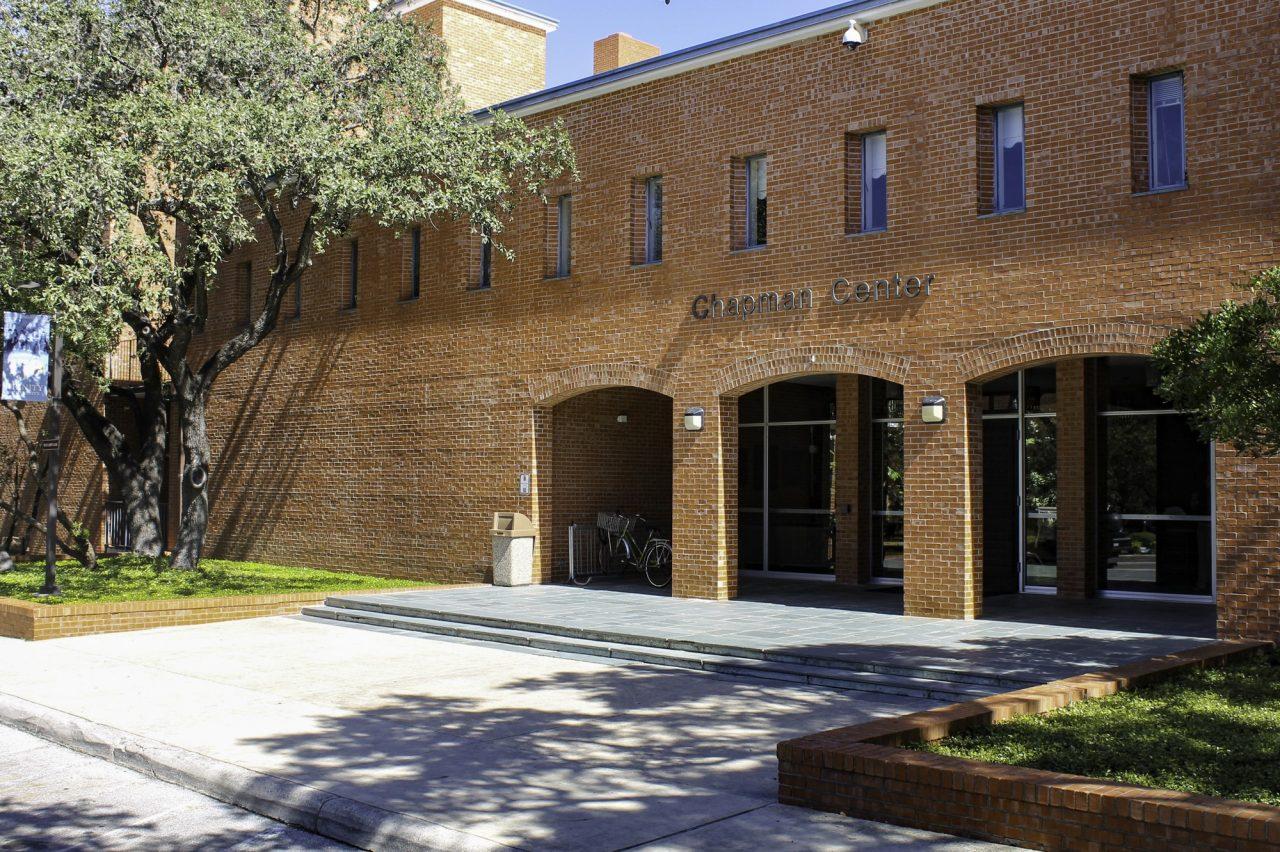Photo by Oliver Chapin-Eiserloh
Over the summer, there was a growth found in Chapman that resembled mold. However, it has not been tested and proven to be mold. Chapman residents have mixed viewpoints on the growth.
Facilities Services was brought in to inspect and remove the growth found in offices on the third floor of Chapman.
“There were and have been some visual signs of some type of humidity-driven growth. It was not tested for mold. It was tested and proven not to be a hazardous mulch,” said Jim Baker, senior director for Facilities Services.
The test to discover whether the substance in Chapman was mold or not was never conducted because the standard tests to see if the growth was hazardous were not alarming. The testing company, Clean Environments, compares air samples from the inside the building to air samples from outside the building to see if there is a dangerous growth in buildings.
The affected Chapman rooms were tested using this standard method after the growths were found.
“The gauge is if you see something on your samples that you took inside the building that is just skyrocketed as compared to outside then you might want to say, ‘Hey, we have a problem here. We probably should do some more testing.’ But that’s never been the case since we’ve been doing samples. It is always that there are more contaminants in the air outside the building than inside,” Baker said.
According to Baker, the offices in which the growth was found had been closed and locked all summer, leaving a perfect environment for the growth.
“If you leave three offices closed in the building all summer, chances are it’s not getting enough air to circulate through the office because it’s closed all the time. It gives any type of growth an opportunity to develop. I’m not going to say it was mold,” Baker said.
Since the growth was discovered in mid-August when faculty returned from the summer break, Facilities Services has been bringing in a professional cleaning company to clean and check the space for signs of growth activity every Friday.
“The professional cleaning company that we hired that has done some other mold remediation came out and did the cleanup. It was way, way, way below any threshold that required it be reported or treated as a hazardous substance,” Baker said.
According to Baker, the air conditioning system was changed five years ago. This improves air quality but does not fix the stagnant air circulation.
“I’ve got lots of brand new equipment, and while it’s a huge improvement over what it was, the air quality in the space is ideal, and the air circulation in the space will be fully corrected in the remodel,” Baker said.
Judith Norman, professor of philosophy, believes there is a mold problem in Chapman. According to Norman, at least one faculty member in her department has gotten sick this semester. Their symptoms went away after being relocated to a new office in another building.
“My experience is fairly partial, but there’s been an ongoing mold problem in our department, and I’ve heard sturdy stories of mold in other departments in Chapman. People who work here have gotten sick and have had to relocate, so the problem has resulted in sickness. It’s not clear how much because vulnerable faculty do not necessarily want to file a workers complaint,” Norman said.
Norman believes this has been an ongoing problem for about five years. Following the Chapman basement flood on Oct. 2, members of the Department of Philosophy discovered unidentified substances growing on books. Norman is certain that the issue is mold as opposed to another unidentified substance.
“The mold does destroy property. After the flood a few weeks ago, I was helping clear out some materials, and there was mold on them. It’s not a mold-like substance,” Norman said.
The department is hopeful that the upcoming Chapman renovation will alleviate some of these problems.
“We’re waiting. I mean, Chapman is going to be completely overhauled, and there’s a sense in which we’re all waiting for that to happen. But there’s also a sense in which some of these issues, health issues and property damage issues, you can’t really wait to take action on them. So it would be nice to have more custodial care and remediation taking place in the building in the meantime,” Norman said.
Other areas of Chapman have had a different experience. Edward Schumacher, chair of the Healthcare Administration program, has not noticed signs of mold.
“Obviously, everybody in Chapman is ready for the new building to be complete, but I think the issues that we have have been mostly with the whole building. We haven’t experienced anything dangerous or unpleasant,” Schumacher said.













